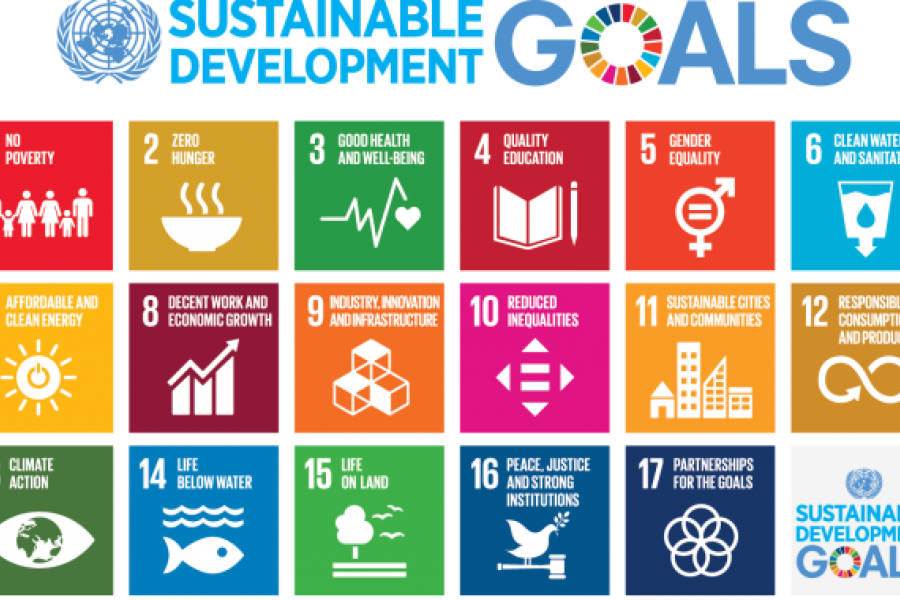Social protection
Social protection encompasses a wide range of policies and activities in different areas that are geared towards the exercise of economic, social and cultural rights in the labour market, and in relation to nutrition, health systems, pensions and care provision, as well as seeking to ensure decent levels of income. A key to evaluating social protection systems is to determine if they contribute to furthering economic, social and cultural rights and how they respond to the dynamics of risks and their social distribution: in other words, whether protection systems diversify risk, and whether they widen or narrow the gaps between income, individual risk and desired levels of protection. From this perspective, as part of its research work and the technical assistance it provides to countries in the region, the Social Development Division analyses and evaluates social protection and makes policy proposals aimed at building coordinated and inclusive systems grounded in citizens’ rights.
Activities
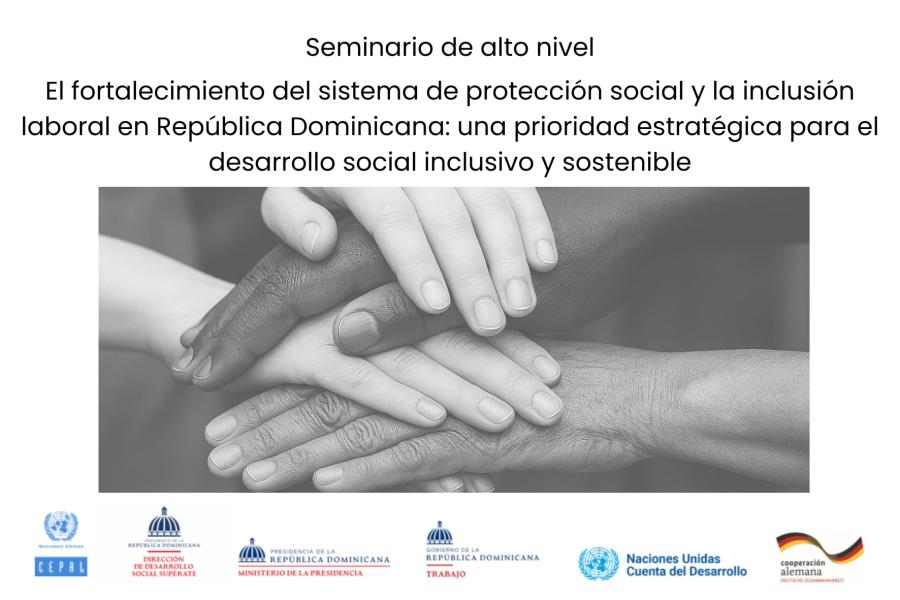
El fortalecimiento del sistema de protección social y la inclusión laboral en República Dominicana: una prioridad estratégica para el desarrollo social inclusivo y sostenible
El seminario de alto nivel generará un espacio de diálogo político y técnico orientado a fortalecer el sistema de protección social en la República Dominicana y avanzar hacia un modelo más universal, integral, sostenible y resiliente. El encuentro impulsará un intercambio nacional sobre las prioridades estratégicas y la definición de una hoja de ruta que permita ampliar la inversión social y potenciar su impacto en la erradicación de la pobreza, la pobreza extrema y el hambre. Asimismo, promoverá la discusión sobre la articulación entre las políticas de protección social y las de inclusión laboral, en un contexto marcado por los riesgos emergentes del cambio climático, el cambio tecnológico y otras emergencias complejas.
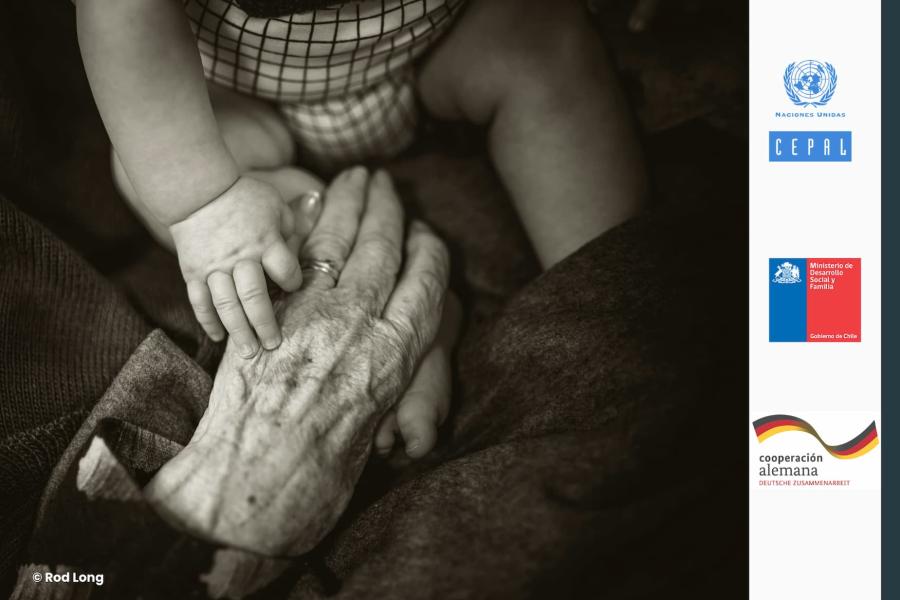
Seminario: "Políticas de cuidados en el marco de los sistemas de protección social: aprendizajes y desafíos en la construcción de políticas nacionales de cuidados en Chile y en la región"
Súmese a este seminario que busca generar un espacio para el intercambio regional sobre los principales aprendizajes y desafíos para el diseño e implementación de políticas de cuidado en el marco de los sistemas de protección social.

International Seminar "Challenges of social registers and forms of payment of social protection programs in Haiti: opportunities to strengthen the capacities of MAST and SIMAST"
Participate in this event that aims to contribute to this capacity-building by offering a space for exchange, learning, and technical capacity enhancement for MAST officials, its autonomous bodies, and state institutions involved in implementing the PNPPS.

Side event "The Expansion of Social Registries to Advance the Implementation of Labour Inclusion Policies in the Face of a Reconfiguring Risk Structure"
The side event will address the challenges for social registers to have up-to-date and timely information required to confront shocks, disasters and the impacts of the climate crisis, assuring access to universal social protection, specially, for population groups with higher levels of vulnerability. Special emphasis will be placed on information and indicators for social protection policies that foster labour inclusion strategies, thus ensuring the livelihoods of this group and strengthen their resilience strategies for future shocks. The event is organised in the framework of the ECLAC-BMZ/giz Project “Productive, ecological and socially just economic transformation in Latin America and the Caribbean”.
News
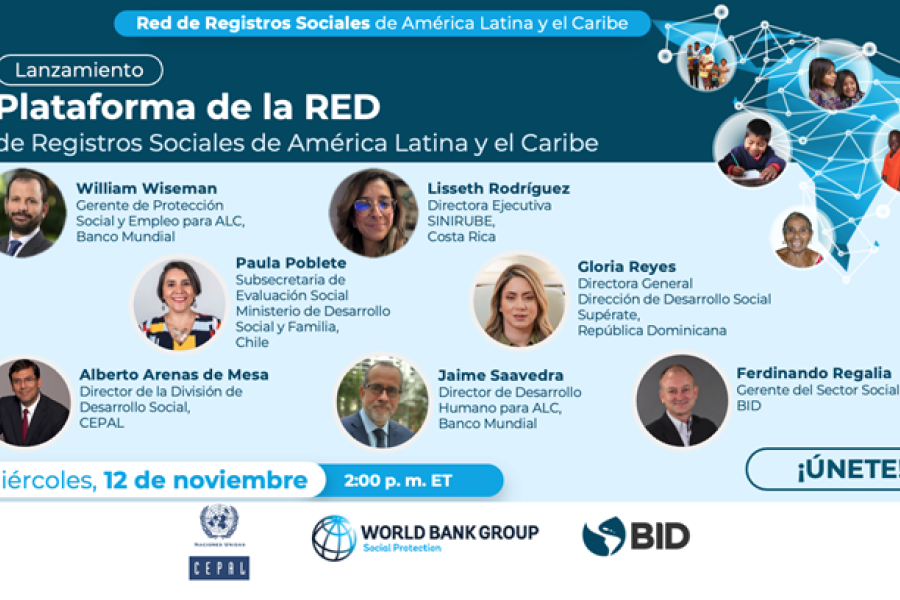
CEPAL, BID y Banco Mundial lanzan Plataforma de la Red de Registros Sociales de América Latina y el Caribe
La nueva plataforma digital de la RED ALC busca facilitar el intercambio de experiencias, herramientas e innovaciones entre las y los funcionarios tomadores de decisiones de los países de la región, promoviendo la colaboración regional y el aprendizaje colectivo en torno a los registros sociales.
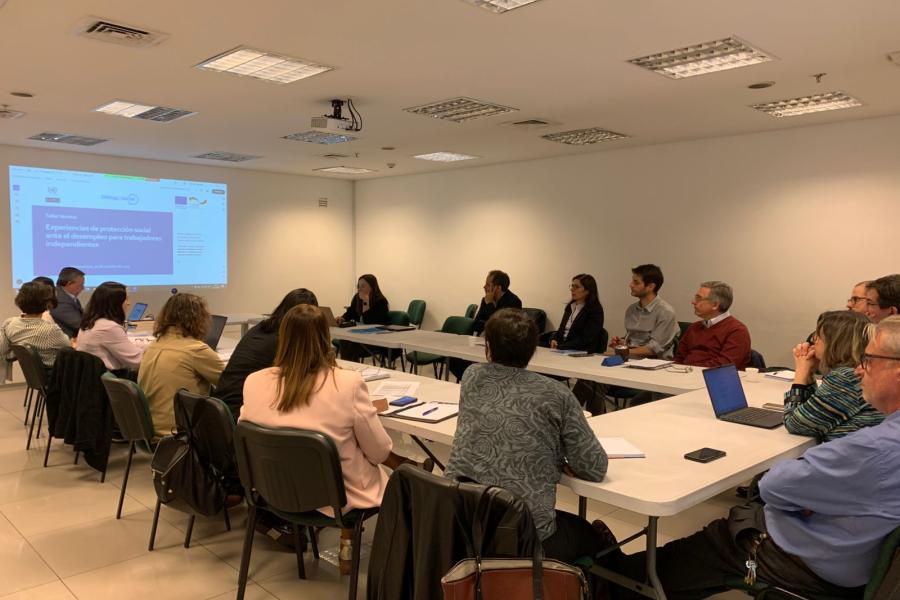
Taller técnico sobre protección social ante el desempleo para trabajadores independientes en el Uruguay
El taller técnico reunió a representantes del Gobierno del Uruguay y de la CEPAL para debatir sobre políticas de protección social ante el desempleo dirigidas a trabajadores independientes.

Presidente de la República Dominicana recibió documento de la CEPAL con recomendaciones para fortalecer el sistema de protección social del país
La publicación fue realizada en el marco de una asistencia técnica llevada a cabo por el organismo regional de las Naciones Unidas.
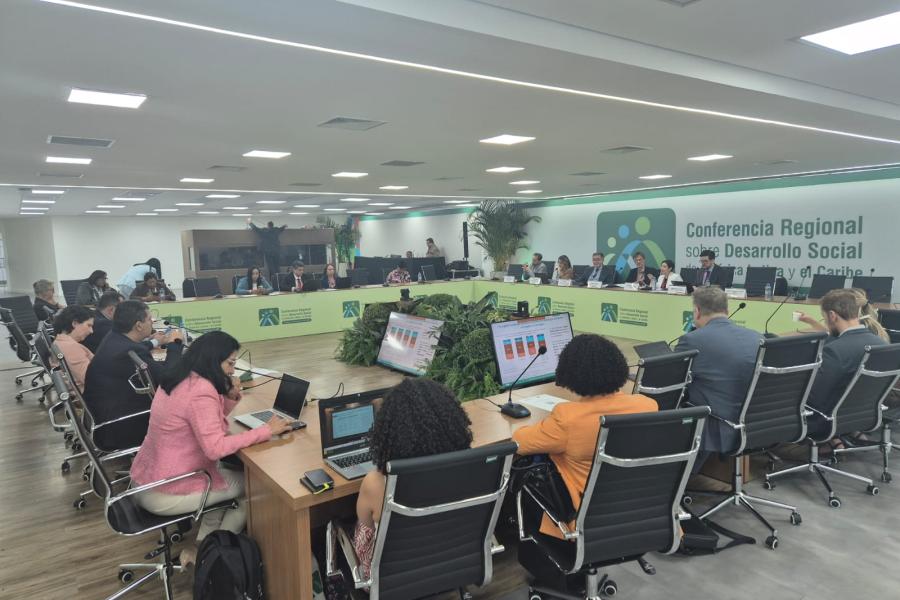
Se realizó en Brasilia el evento paralelo “Sociedades inclusivas: políticas estratégicas para la inclusión social y laboral en la región”
El evento paralelo abordó de qué manera los sistemas de protección social, articulados con políticas activas de inclusión laboral y de educación y formación técnica y profesional, pueden impulsar la inclusión social y laboral en América Latina y el Caribe.
Video
Infographic
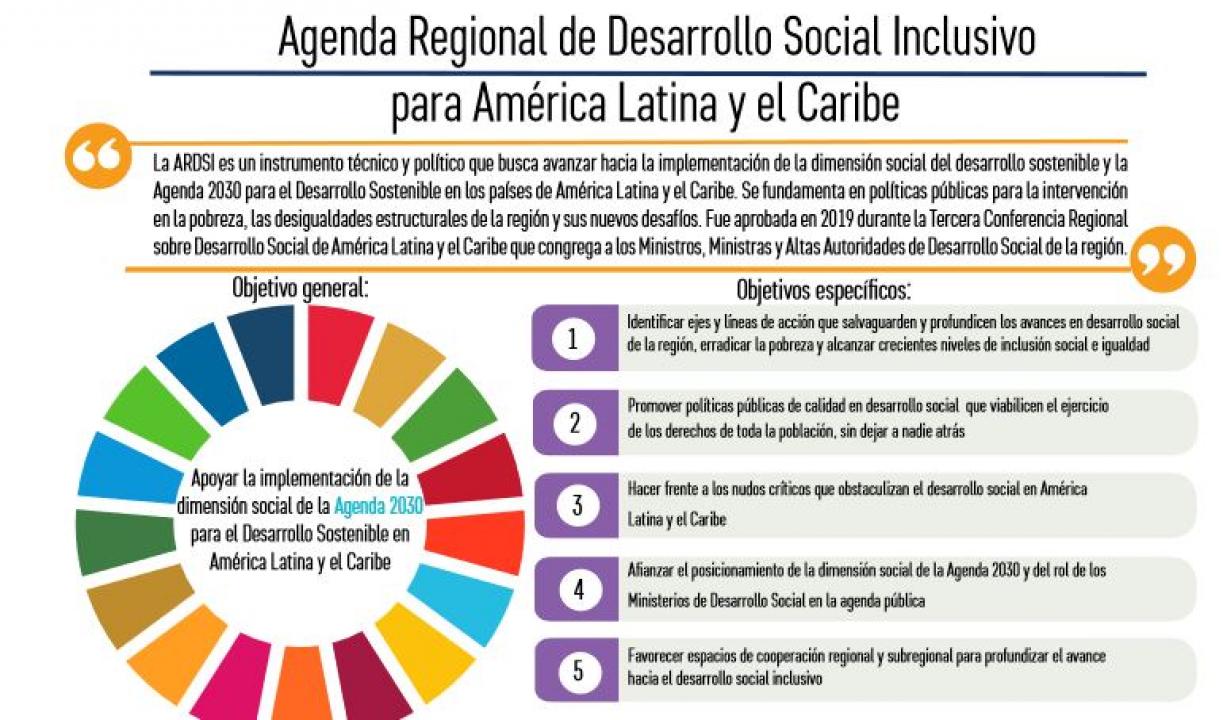
Infografia Agenda Regional de Desarrollo Social Inclusivo
La ARDSI es un instrumento técnico y político que busca avanzar hacia la implementación de la dimensión social del desarrollo sostenible y la Agenda 2030 para el Desarrollo Sostenible en los países…




